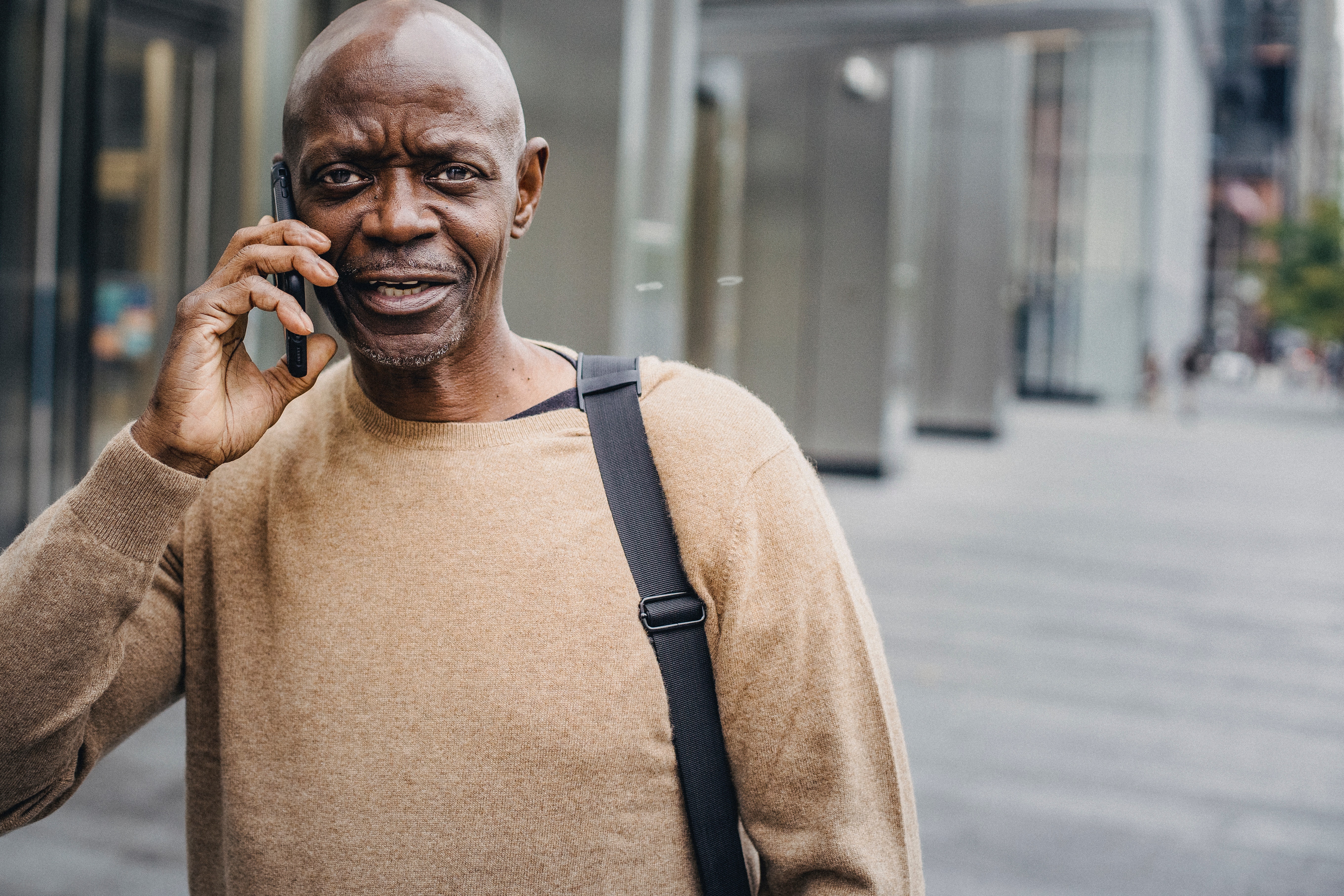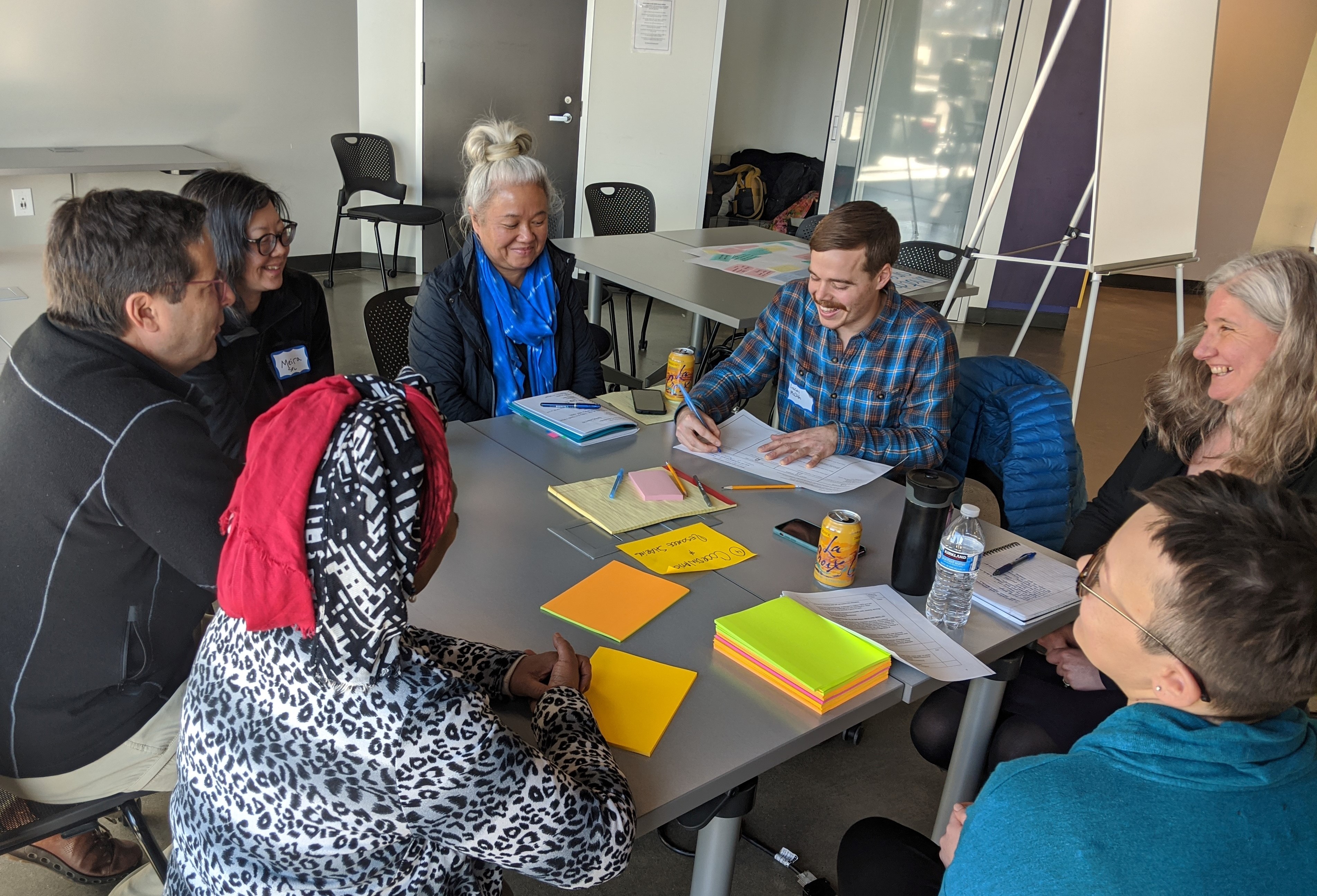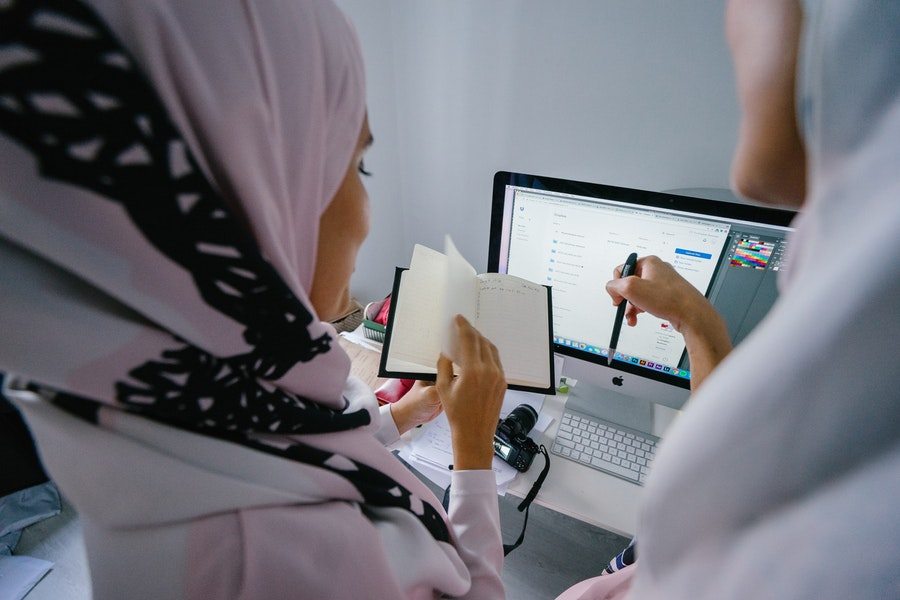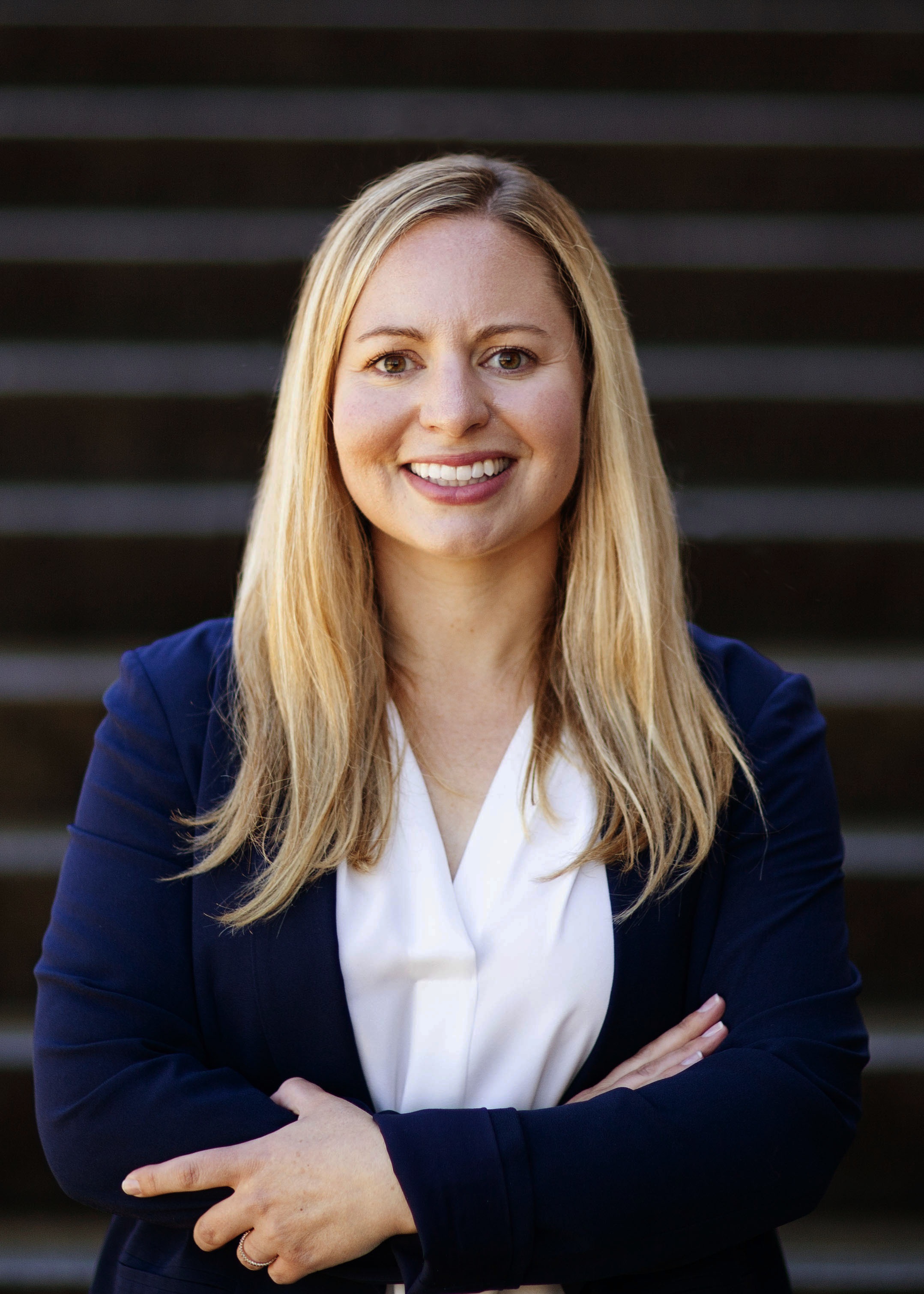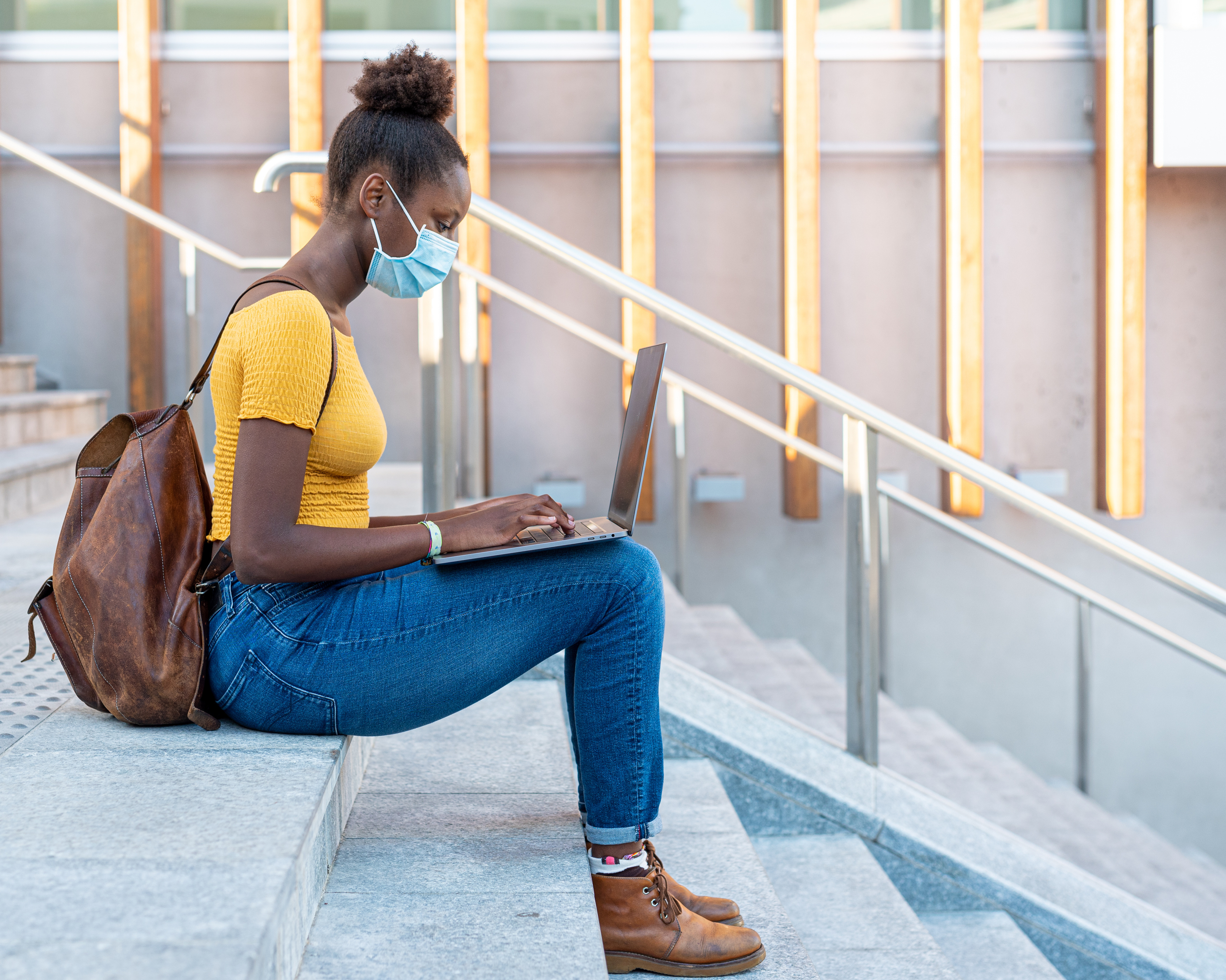
July 8, 2022
Highlights With the end of the academic year, it’s time to review TASCHA’s work of the past year. The COVID-19 pandemic continued to play a role. On one hand we had to either postpone projects or replace field-based methods with remote methods (e.g. Zoom interviews), directly impacting the course and outcomes of these efforts. On…
